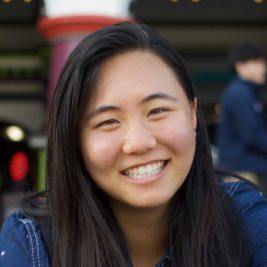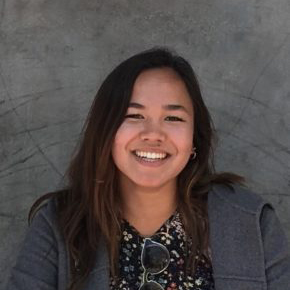Six from MIT Make BostInno’s 25 Under 25 List
-
-
slice.mit.edu
Filed Under
Recommended

With so many higher ed institutions, leading companies, and emerging startups in Boston, it’s no surprise that there are a lot of young innovators. And given MIT’s leadership in innovation, it’s also no surprise that when BostInno announced its list of the 25 Under 25 in Boston, six Tech alumni made the cut. (Photo: Adrian Vasile Dalca SM '12, PD '16, PhD '16.)
Check out the young MIT innovators on the list:
-

Erika Anderson ’19, designer
A senior in MIT’s mechanical engineering department, Anderson collaborated with Cambridge-based Advanced Functional Fabrics of America to create high-tech fabrics that change color in response to the mood of the wearer.
-

Matthew Chun ’18, CEO at Need-A-Knee
What started in a D-Lab class has become Need-A-Knee, a company headed by Chun that grapples with challenges facing amputees in developing nations. The company develops low-cost transfemoral rotators that increase range of motion for above-knee amputees.
-

Moiz Imam ’19, co-founder of Umbulizer
Working with local students, Imam developed a low-cost medical ventilator after seeing how resource-constrained settings can lead to patient fatalities. The Umbulizer team secured a $15,000 prize for its work at the IDEAS Global Challenge and is in the process of proposing the device for hospital use.
-

Jenny Xu ’19, founder and lead game developer at JCSoft Inc.
When Jenny Xu was 12 years old, she spent hours tinkering with stop-start motion games to stump adult gamers. Now 21, her games have accrued more than 3.5 million downloads, and she is the lead game developer at JCSoft Inc., a platform for story-based mobile games. The avid gamer is currently working on experimental action projects and games that teach empathy through storytelling.
-

Emily Young ’18 and Sade Nabahe ’17, co-founders of the Okoa Project
Recent MIT graduates Young (pictured above) and Nabahe invented and designed an ambulance trailer that can be attached to a motorcycle to help transport injured patients to hospitals in rural villages in Tanzania. The team will move to the East African country in October for a four-month pilot test. The Okoa Project went through the MIT “delta v” accelerator program and was awarded an MIT Public Service Fellowship and a Legatum Seed Grant. The company won $10,000 at the MIT IDEAS global challenge.







